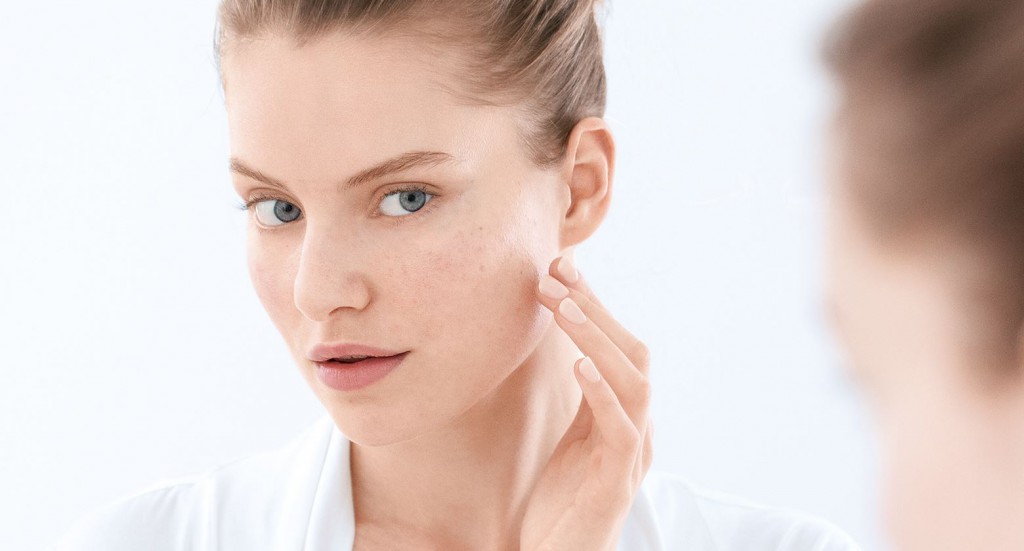How to care for oily and seborrhea skin?
 Oily and seborrheic skin requires special care. To maintain its proper condition, it is very important to use well-chosen products. You also need to adopt certain care principles and undergo cosmetic treatments regularly.
Oily and seborrheic skin requires special care. To maintain its proper condition, it is very important to use well-chosen products. You also need to adopt certain care principles and undergo cosmetic treatments regularly.
How to recognise oily and seborrheic skin?
It’s basically nothing difficult to do. If your complexion is shining in the zone T, and blackheads appear on your forehead, nose and chin, then you probably have one of the types of skin mentioned above. The face is shining because sebaceous glands produce too much sebum. For this reason, the skin becomes impured, thick, grey and not very aesthetic.
How to take care of oily and seborrheic skin?
The most important thing in the care of oily and seborrheic skin is the use of cosmetics designed specifically for this type of skin. Such products must contain moisturizing, protective and soothing ingredients; they cannot include detergents, alcohols and drying substances. What’s more, cosmetics for the care of oily and seborrheic skin must not contain oily components that could intensify the secretion of sebum. For protection, you should choose cosmetics with a suitably high UV filter.
The best ingredients for oily and seborrheic skin
In order to take care of oily and seborrheic skin, use cosmetics that are rich in moisturizing ingredients, gentle exfoliators, nourishing and protective components. For example, aloe vera, algae, green tea, allantoin, zinc. These ingredients have a soothing, astringent, oxygenating, anti-bacterial and anti-inflammatory effect.
Treatments for oily and seborrheic skin
In the care of seborrhea and oily skin, chemical peels with the use of mandelic, azelaic or salicylic acids are especially recommended. Treatment with vitamin C, which regulates the functioning of sebaceous glands, provides anti-inflammatory effects and brightens the skin, will also work well. If you want to extend the effects of any treatment from the beauty salon, then you should continue using professional cosmetics recommended by a beautician or dermatologist at home.

Tech Lash Revolution – How Pre-Glued Nanolash Lashes Change the Lash Game
Morning rush before work? Quick makeup touch-ups between meetings? Modern women need products...
Why Prepping Your Lashes Matters – The Power of the Nanolash Mascara Primer
In the world of eye makeup, we often focus solely on finding the perfect mascara – volumizing,...
Transform Your Look at Home: The Ultimate Ranking of DIY Lash Extension Kits
In today’s fast-paced world, beauty routines are evolving to keep up with modern lifestyles....
The Grand Mascara Test. Check Out Which Mascaras Should Get Into Your Makeup Bag!
Mascara should not only be long-wear but also effective. Many women experience problems when...